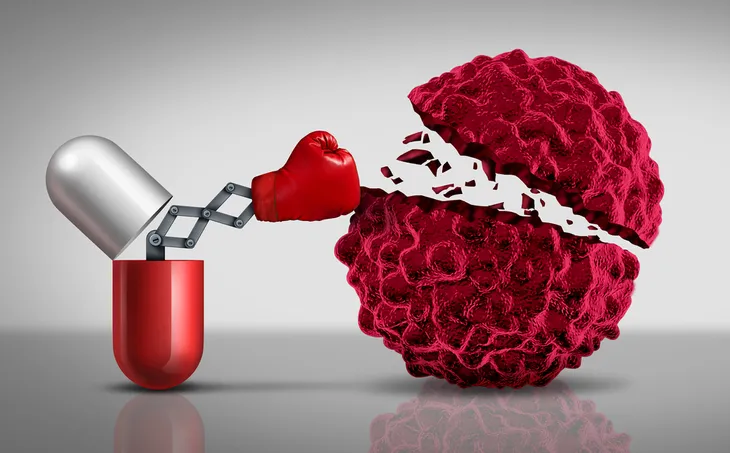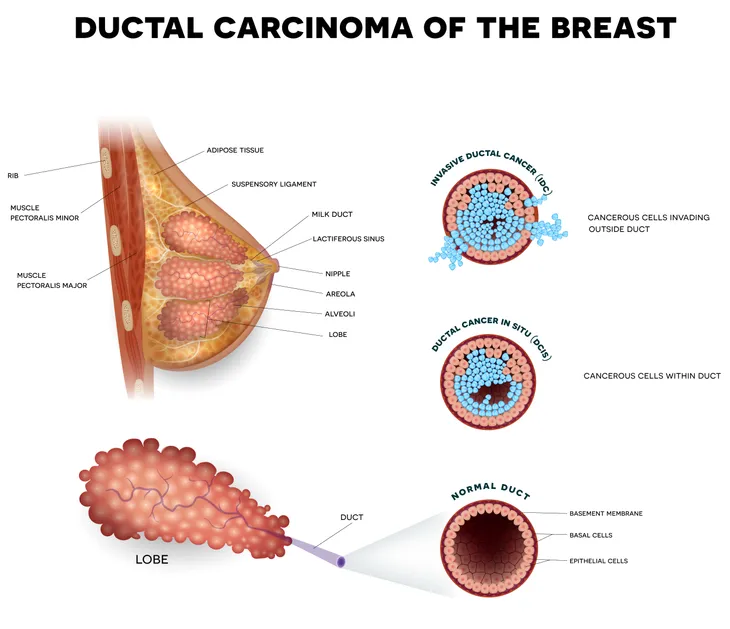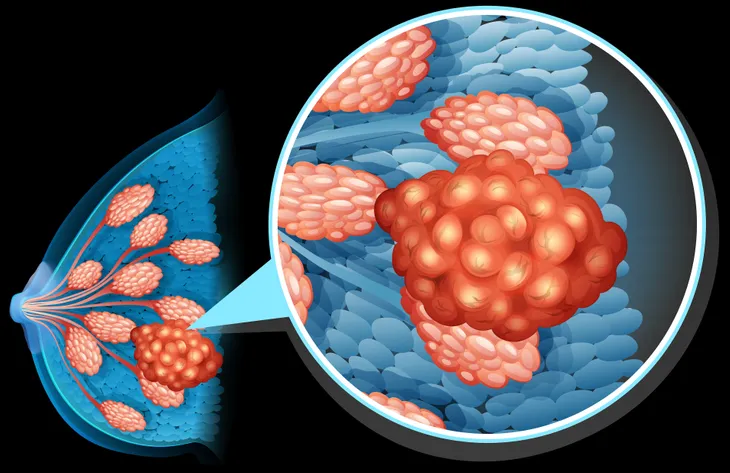October is Breast Cancer Awareness Month and this year we have a lot to celebrate. That’s because there have been a number of important scientific breakthroughs in the past little while, which, together, could have a significant impact on the ongoing battle against this terrible disease.
These advancements range in nature and effect, but all are the result of fundraising, awareness, and the hard work of medical researchers, physicians, and other healthcare professionals. Let’s look at nine important scientific breakthroughs for breast cancer patients…
Discoveries of Environmental Risks
Several new studies have examined the impact that environmental factors has on the emergence and development of breast cancer. Some of these studies from 2016 examine how lifestyle factors and habits—including exercise, weight gain and loss, and diet—influence one’s risk of developing breast cancer.
Beyond that, several other studies are examining how one’s environment—including their home and workplace environments—affect risk for breast cancer. Although progress is somewhat slow, many of these studies are building a knowledge foundation for future research projects.
Preventative Medicines
Researchers are continually testing new medicines designed to not only treat breast cancer, but prevent it from ever developing in the first place. These treatments target women who are deemed to be particularly high risk, such as those with a family history of breast cancer.
Specifically, researchers are finding that hormone therapy drugs, which in the past have been used to treat breast cancer, may also help to prevent its initial emergence. The drugs tamoxifen and raloxifene have already been approved for this purpose while several others are currently being studied.
Dietary Supplements
Many people take supplements—from vitamin B6 to omega-3 fatty acids—on a daily basis. Studies have shown that taking such supplements can help build the body’s resistance to a number of serious health-related issues, from high blood pressure to depression.
Now, medical researchers are examining how grape seed extract, folate, omega 3 fatty acids and vitamins B6 and B12 affect one’s risk for developing breast cancer. There’s still a long ways to go before we know exactly how these supplements influence the body and specifically breast cancer, but progress is certainly being made. (For more information, here are some Lifestyle Tips to Protect Yourself Against Breast Cancer).
Exploring DCIS
In the early development of breast cancer, the abnormal cells are limited to just the top layers of the breast. This stage is known as ductal carcinoma in situ, or DCIS. What follows is either very good or very bad: either DCIS becomes full-on breast cancer or the abnormal cells remain on the surface, refraining from becoming a serious problem.
While researchers know about DCIS, they don’t fully understand what causes it to become dangerous or remain relatively harmless. However, by focusing on this key part of the breast cancer development process, healthcare experts may be able to make important discoveries about the disease and how it can be stopped.
Circulating Tumor Cell Research
Recently medical researchers discovered that some women with breast cancer have cells tear away from the tumor and enter the blood. When this happens, it can be detected through laboratory testing. Right now such tests can help show which patients may be more likely to have their cancer return should they go into remission.
In the future, however, researchers hope that circulating tumor cell research can be used to learn about the efficacy of various cancer treatments. Research is still ongoing.
New Imaging Tests
A major part of fighting breast cancer involves learning more about each patient’s unique battle with the disease. This starts with molecular breast imaging, or scintimammography, a technique that’s being studied intensively right now.
Currently, molecular breast imaging allows doctors to learn about the activity of cancer cells. In the future, it’s hoped that such technology can be used to discover the density of tumors and chart change in their size.
Oncoplastic Surgery
Unfortunately, a breast cancer diagnosis is often followed by invasive surgery. In some cases this can involve removing large sections of a woman’s breast, or breasts, to root out a tumor and remove dangerous cells.
That can leave a woman with breasts that look much different than before their cancer diagnosis. This change can have a devastating effect on the mental state of a woman. The good news is that doctors are now investigating oncoplastic surgery, which involves reshaping a patient’s breasts to limit the visual impact of breast cancer surgery.
Anti-Angiogenesis Drugs
Cancer grows in the breast when blood vessels develop to nourish cancerous cells. This is due to a process known as angiogenesis. For doctors, fighting breast cancer means finding a way to prevent this progress from continuing.
The answer may be anti-angiogenesis drugs. While tests of one such drug, called Avastin, returned disappointing results, medical researchers continue to investigate the angiogenesis in search of medication that can halt the deadly process.
Bone-Directed Drugs
As with other types of cancer, breast cancer can become particularly dangerous when it spreads to the bones. That’s why many cancer-fighting drugs are designed to prevent the disease from taking this step.
In the fight against breast cancer, the drugs that do this are known as bisphosphonates. They’re designed to limit cancer’s impact on the bones and, at the same time, to improve the resiliency of bones, limiting the risk of fracture. Aredia and Zometa are examples of bisphosphonates and research continues to explore these exciting new medications.












